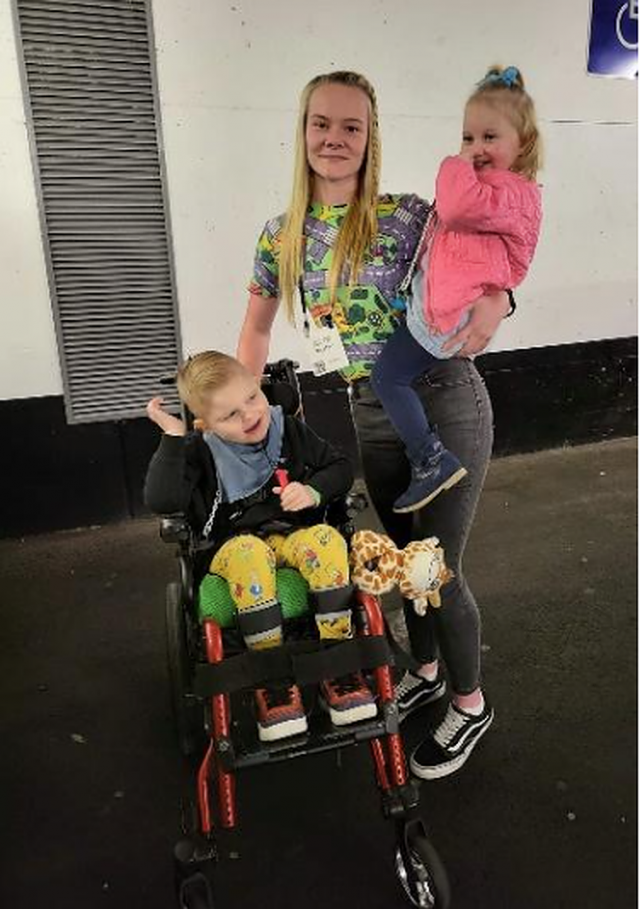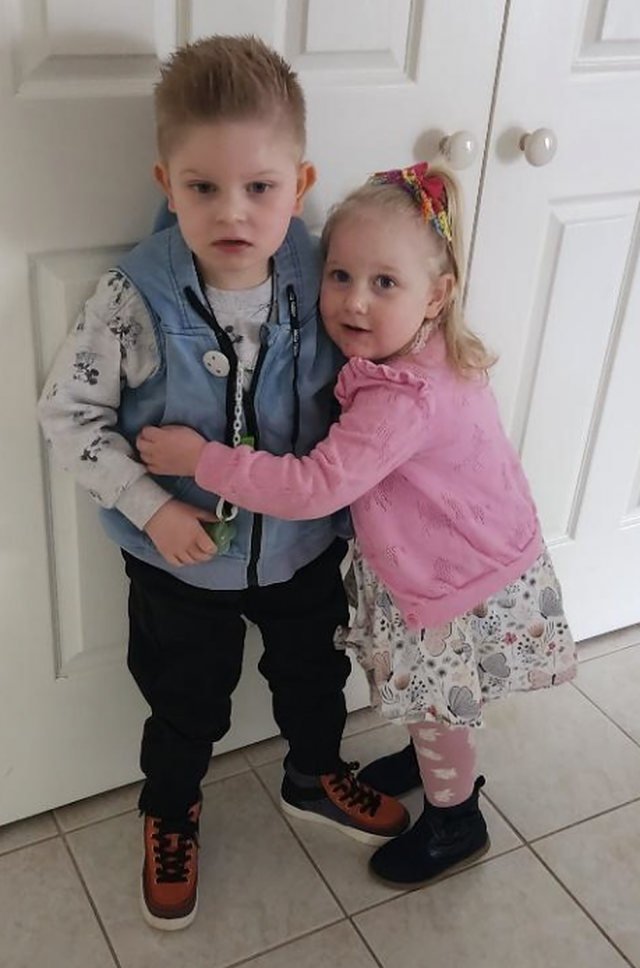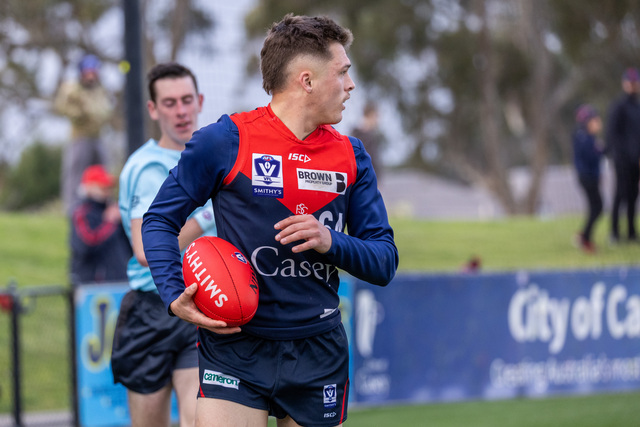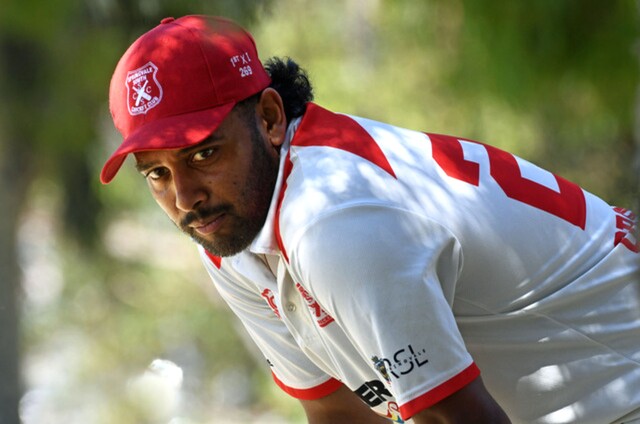Several times each day 23-year-old Maya Pinn transports her son’s 30-kilogram wheelchair in and out the boot of her 12-year-old Toyota Prado.
It is a repetitive, physically taxing movement she knows she can’t continue forever.
But for now, it’s the young Narre Warren family’s only option.
Three years ago, Maya’s first born, then two year-old Lloyd, was diagnosed with IQSEC2 Associated Disorder – a rare cognitive disability that currently has less than 250 diagnoses worldwide.
Lloyd is the only individual with his specific mutation of the gene worldwide, but his condition was not always obvious.
“Lloyd was born a perfectly healthy baby, weighing 8.2 pounds,” Maya said.
“He passed the initial hearing test, fed and slept beautifully and was overall the perfect little new-born.”
It was only at the six month mark that Maya started to notice Lloyd was missing key development milestones.
“The main thing was that he couldn’t weight bear, he wasn’t sitting and he couldn’t stand without support,” Maya said.
“He wasn’t reaching out to grab toys, so there were a few signs, but as a first time mum I didn’t know that wasn’t normal.”
“[I] started raising concerns with the maternal child health nurse and my general practitioner, all of whom didn’t recognise the same concerns, consistently telling me that I was ‘just a young mum’.”
Maya says it took months of advocating years of various medical tests, assessments, and consultations with no definitive answers before Lloyd was diagnosed with the disease, which currently has no official syndrome name.
At the time of diagnosis, Maya was 26 weeks pregnant with her second child, a baby girl, Elsie.
The disease is characterised as a genetic condition that causes severe intellectual disability and sometimes other physical, neurological or psychiatric symptoms.
For Lloyd, this means additional diagnoses including epilepsy, asthma, cortical vision impairment, hypotonia or low muscle tone, hypermobility, global developmental delay, hyperopia and brachycephaly.
Lloyd functions at an 8 to 12 month old level in most developmental areas, meaning he is non-verbal, cannot feed himself and is currently learning how to walk although he cannot yet stand or crawl.
Caring for him is a full time job says Maya, who also works part-time and studies a Bachelor of Health Sciences full-time.
The mother of two has started a GoFundMe campaign to raise money for ‘Lloyd’s Little Lorry’ – a wheelchair van which will make simple tasks that little bit easier for the family.
“Even a two-minute job like dropping the kids off at day care can be a 30-minute ordeal because I have to take the wheelchair out and put Lloyd in it and get Elsie as well.
“I can’t work full time either because, aside from Lloyd’s carer, no one has a car that can accommodate the wheelchair.”
As Maya tells it, “everything related to disability comes with a high price tag”, meaning financing a modified wheelchair van for Lloyd could cost upwards of $40,000.
But she’s hoping it will give the family added freedom to spend quality time together.
“I just want us to be able to be safe and independent, to be able to go out as a family and not have to rely on anyone else, or have anyone on standby,” Maya said.
To donate to Lloyd’s Gofundme, head to gofundme.com/f/lloyds-little-lorry-wheelchair-van


















